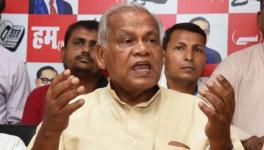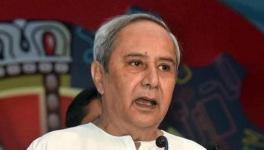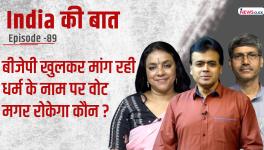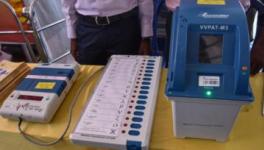BCI’s Strange Resolution
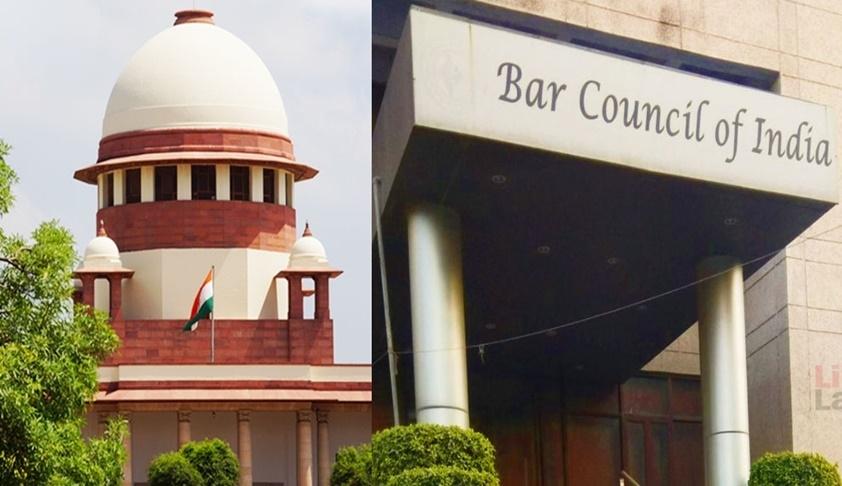
Image Courtesy: Live Law.in
The Bar Council of India (BCI) passed a resolution on March 18, which bars MPs, who are also advocates, from appearing before a court or a judge, if they have participated in an impeachment motion against a judge of that court. This resolution will have a debilitating effect on the democratic institutions of the country. Firstly, it can affect the functioning of the Parliament, and more importantly, it violates the very statute from which it derives its authority – the Advocates Act, 1961.
The said resolution is the end result of a petition filed by Ashwani Kumar Upadhyay – an advocate and a member of the BJP. His petition, initially, had asked for prohibition of MPs from practicing as advocates. He withdrew this petition later and filed a new one – asking the BCI to issue guidelines on the subject. In response, the BCI constituted a sub-committee to examine the matter. The sub-committee did not find any merit in barring MPs from legal practice, however, suggested that the BCI should consider framing rules regarding the MPs’ involvement in the impeachment motions. The BCI had accepted the findings of the sub-committee, except for this particular suggestion, which is why, the present resolution comes as a surprise.
The way this resolution selectively bars MPs, is patently arbitrary. Section 30 of the Advocates Act, 1961 allows advocates on BCI rolls to practice in any court in the country. Thus, the BCI could either have passed a resolution barring MPs from practicing law entirely, or it could have barred advocates on the rolls from becoming MPs. Another issue with this resolution is that it seeks to regulate the business of the Parliament. The BCI was created under an act that was passed by the Parliament. The BCI has no authority to even attempt to control advocate-MPs from participating in any proceeding in any house.
The petitionman behind the resolution
Upadhyay, who is responsible for setting in motion this whole debate around the advocate MPs, is quite a spirited advocate himself. A series of petitions in the Supreme Court and the Delhi High Court, on varied subjects ranging from education to financial reforms are to his credit. Some of them are:
- In December 2015, the Supreme Court had dismissed a petition filed by him that sought directions to be issued to the Parliament for implementing a uniform civil code.
- In May 2016, he filed a petition before the Delhi High Court – demanding common syllabus and a common curriculum for all children in the age group 6 to 14 years.
- Later in August, he filed another petition asking for implementation of the Model Police Act, 2006.
- In the same month, he filed another petition in the Supreme Court, asking for directions for the appointments of the Lokpal and Lokayuktas.
- In June 2016, Upadhyay filed a petition in the Supreme Court to set up special courts and speed up criminal cases against legislators.
- In November 2016 he filed another petition before the Supreme Court seeking withdrawal of all taxes apart from customs and import duties, and a complete ban on currency notes above Rs. 100.
- In May 2017 the Supreme Court rejected his petition which sought to make Hindi a compulsory subject in all schools between class I to VII.
- In November, the Supreme Court rejected his petition seeking minority status for Hindus in 8 states.
Get the latest reports & analysis with people's perspective on Protests, movements & deep analytical videos, discussions of the current affairs in your Telegram app. Subscribe to NewsClick's Telegram channel & get Real-Time updates on stories, as they get published on our website.









